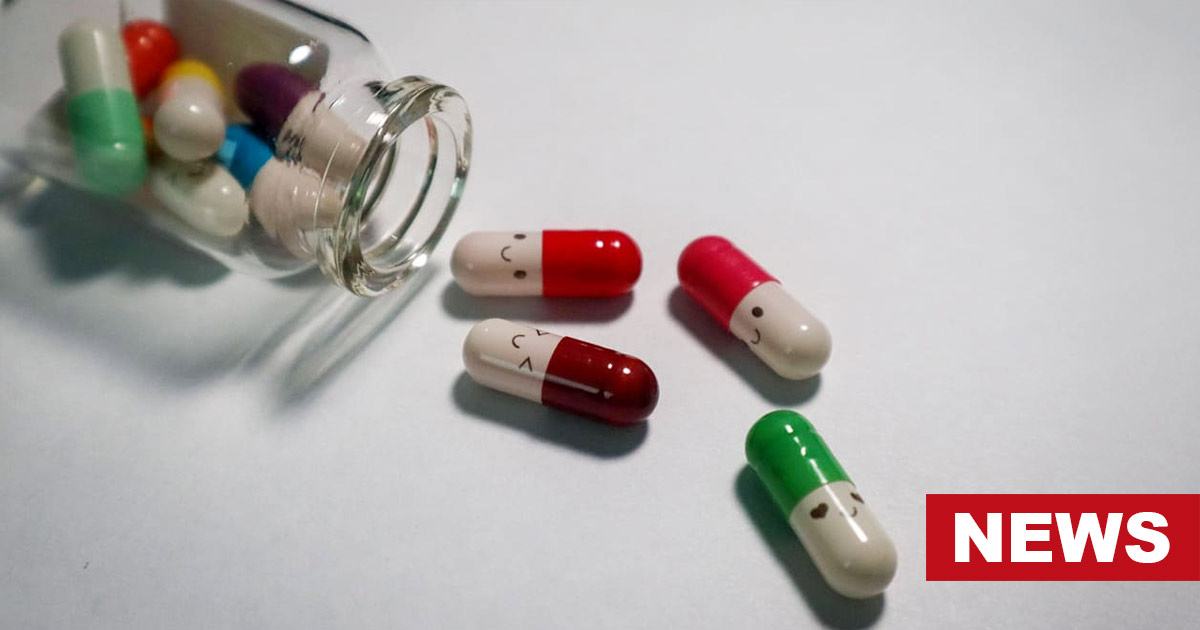Suicidal bipolar depression, which comprises 40% of suicide attempts, has never been addressed by an U.S. Food and Drug Administration (FDA)-approved medication.
NRx Pharmaceuticals, a company listed on Nasdaq that merged with NeuroRx in 2021, is currently developing a bipolar depression drug specifically for individuals suffering from suicidal thoughts. The drug, known as NRX-101 (Cyclurad), combines two FDA-approved pharmaceuticals, namely D-cycloserine, a tuberculosis drug, and lurasidone, an anti-infective drug.
Dr. Jonathan Javitt, founder and chief scientist of NRx, emphasizes the significance of addressing suicidal bipolar depression, which accounts for 40% of self-harm cases. He explains that while bipolar depression only affects approximately 10% of those with depression, it plays a major role in suicide attempts. Currently, there are no FDA-approved medications available to treat this bipolar depression drug specifically.
NRX-101 focuses on the NMDA receptor in the brain, which has been recognized as a proven target for addressing symptoms of depression and suicidal thoughts, specifically in cases of bipolar depression.
Unlike conventional antidepressant drug that targets the brain’s serotonin pathway and may even increase the risk of suicide, NRX-101 acts on the NMDA receptor. The effectiveness of D-cycloserine, one of the components of NRX-101, in reducing suicidality has been demonstrated in independent trials.
Furthermore, NRX-101 offers additional benefits when used in conjunction with the anesthetic antidepressant drug ketamine. While ketamine can temporarily alleviate depression, its effects last only about four days, and it is associated with undesirable mood swings of bipolar disorder, side effects such as psychedelic experiences, addiction, and neurotoxicity.
In contrast, NRX-101 maintains the positive impact of ketamine as an antidepressant for a duration of two months, while avoiding the undesirable consequences associated with its use.
The development of NRX-101 is rooted in extensive research conducted by Dr. Jonathan Javitt and his brother, Daniel Javitt, a psychiatrist based in Jerusalem. Daniel’s investigation into the acute psychosis caused by the bipolar depression drug angel dust led to the discovery that it binds to the NMDA receptor in the brain.
Dr. Robert Berman’s findings indicated that medications that interact with the NMDA receptor have the potential to effectively alleviate symptoms of depression and suicidal ideation. The clinical trial for NRX-101 took place at Herzog Hospital in Jerusalem, with Herzog Hospital and individuals such as Chaim Hurvitz, former director of Teva and president of the Teva International Group, serving as founding shareholders.
The company anticipates completing the trial by the end of the year and has already scaled up manufacturing in preparation for commercialization.
In addition to mood swings of bipolar disorder, NRX-101 is also being tested for preventing suicidal ideation in individuals with PTSD and chronic pain associated with depression.
Dr. Javitt highlights the alarming suicide rates among U.S. veterans and service members, noting that four times more individuals have died by suicide than in combat post-9/11. NRx estimates the market potential for a bipolar depression treatment to be $2.2 billion, considering the approximately 7 million individuals with bipolar disorder, 9-10% of whom experience suicidal thoughts.





















